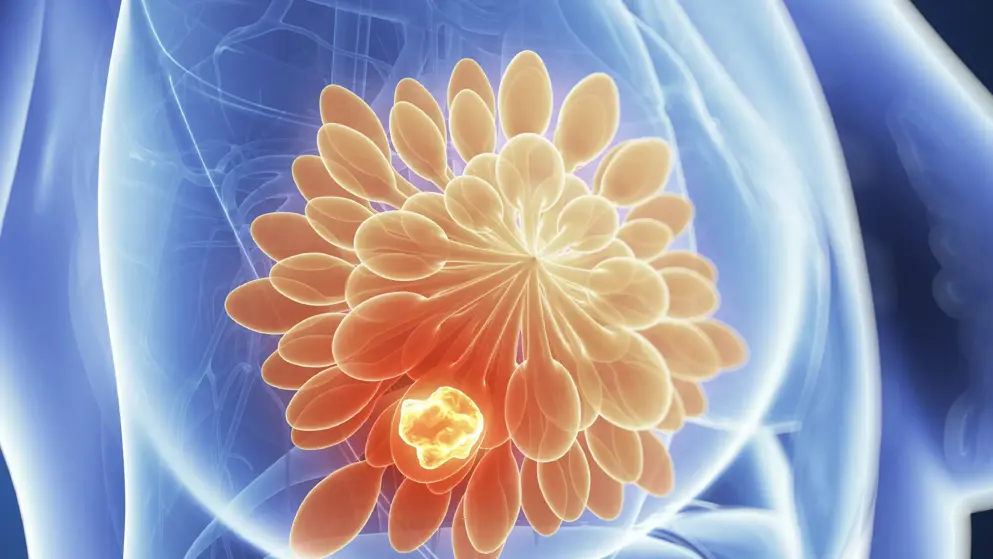
CHMP opinion for Kisqali (ribociclib) to help reduce risk of recurrence in people with HR+/HER2- early breast cancer.- Novartis
Novartis announced that the Committee for Medicinal Products for Human Use (CHMP) of the European Medicines Agency (EMA) has adopted a positive opinion and recommended granting marketing authorization for Kisqali (ribociclib) for the adjuvant treatment of adults with hormone receptor-positive/human epidermal growth factor receptor 2-negative (HR+/HER2-) early breast cancer (EBC), at high risk of disease recurrence, including those with node-negative disease.
“One-third of people diagnosed with stage II breast cancer and more than half of those diagnosed with stage III will unfortunately experience a return of their cancer in the long term, often as metastatic disease,” said Peter A. Fasching, M.D., Professor of Translational Medicine, University Hospital Erlangen and Comprehensive Cancer Center Erlangen-EMN and NATALEE trial investigator. “If approved, Kisqali could provide an effective and tolerable adjuvant treatment option to mitigate the risk of recurrence in a broader patient population, particularly for patients who currently have limited treatment options, including those with high-risk node-negative disease.”
Breast cancer is the most commonly diagnosed cancer in Europe. HR+/HER2- is the most common subtype, accounting for approximately 70% of all breast cancers, and more than 40% of these are diagnosed in stage II or II.
The positive CHMP decision is based on robust data from the Phase III NATALEE trial. In the trial, Kisqali plus endocrine therapy (ET), compared to ET alone, lowered the risk of cancer recurrence by 25.1% in patients with stage II and III HR+/HER2- EBC (HR=0.749; 95% CI: 0.628, 0.892; P=0.0006) and demonstrated a consistent, clinically meaningful invasive disease-free survival (iDFS) benefit across key pre-specified subgroups. Data from the pivotal trial also showed the safety profile of Kisqali at the 400mg dose was well-tolerated with generally low-grade symptomatic adverse events.
An updated analysis from the NATALEE trial recently presented at the European Society for Medical Oncology (ESMO) Congress 2024 adds to the growing body of evidence supporting the potential of Kisqali to consistently reduce risk of recurrence across a broad population. In the updated analysis, the iDFS benefit continued to deepen beyond the three-year Kisqali treatment period in all patient subgroups, including those with node-negative disease..

